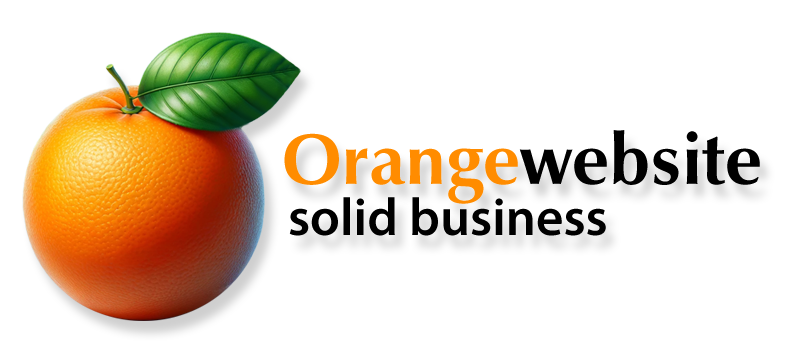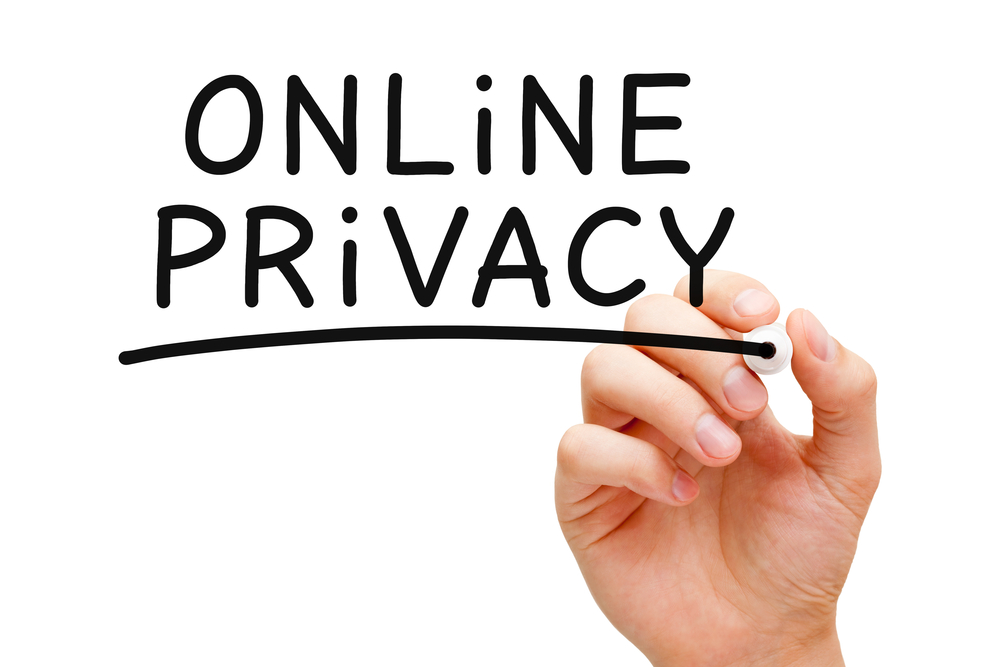In discussions about our digital lives, some people question the need for strict privacy around one’s internet activity. “If you’re not doing anything wrong“, they’ll say, “Why does it need to be private?”
There are plenty of responses to this question: “right” and “wrong” are not always clear-cut, they can be redefined depending on who’s looking, and even some “right” things are just plain nobody else’s business. But instead of abstract arguments, real-life situations make the point much more clearly.
Legal Differences
One example comes from the Electronic Frontier Foundation, regarding the seizure of domain names by the government of the Commonwealth of Kentucky. This was part of a state initiative to fight online gambling, which is illegal in Kentucky. However, online gambling is not illegal everywhere. The defence for the domain owners made the case that these domain names are not property located in Kentucky, which means the state has no jurisdiction over them, even though gambling is illegal in that state.
This example illustrates how “right” and “wrong” can be very fuzzy in some cases. No matter what your personal opinion about gambling, it’s simply true that it is legal in some places and illegal in others. If a website offers a service which is legal in some jurisdictions, should the domain name be subject to legal action from a jurisdiction where that service is illegal?
Activists and Whistleblowers
If anyone needs the protection of anonymous communication, it’s whistleblowers and other activists. From human rights activists to corporate whistleblowers, these individuals and groups take on powerful organizations which often have a vested interest in maintaining the status quo. With a fraction of the resources of those larger organizations, activists may rely on privacy and anonymity while they pursue their work, especially when gathering information. This gives a degree of power back to the activists, who can control when and where they will reveal their information publicly.
Trying to Do the Right Thing
Privacy isn’t only valuable to people taking on the big global issues, nor is the need for online privacy a new story. Both these points are demonstrated by the example, from all the way back in 2005, of a librarian who thought poetry contests should be more fair, and was ousted by his domain registrar.
Any person who takes a strong stand on something risks pushback. Even when there are no legal considerations, social pressure can be a strong deterrent against doing the right thing. True privacy can give people the ability to say what they want and minimize the risk of social as well as legal consequences.
Privacy on the internet is extremely important, and we take it extremely seriously. If you need anonymous web hosting or domain registration, please contact us.


Recent Comments